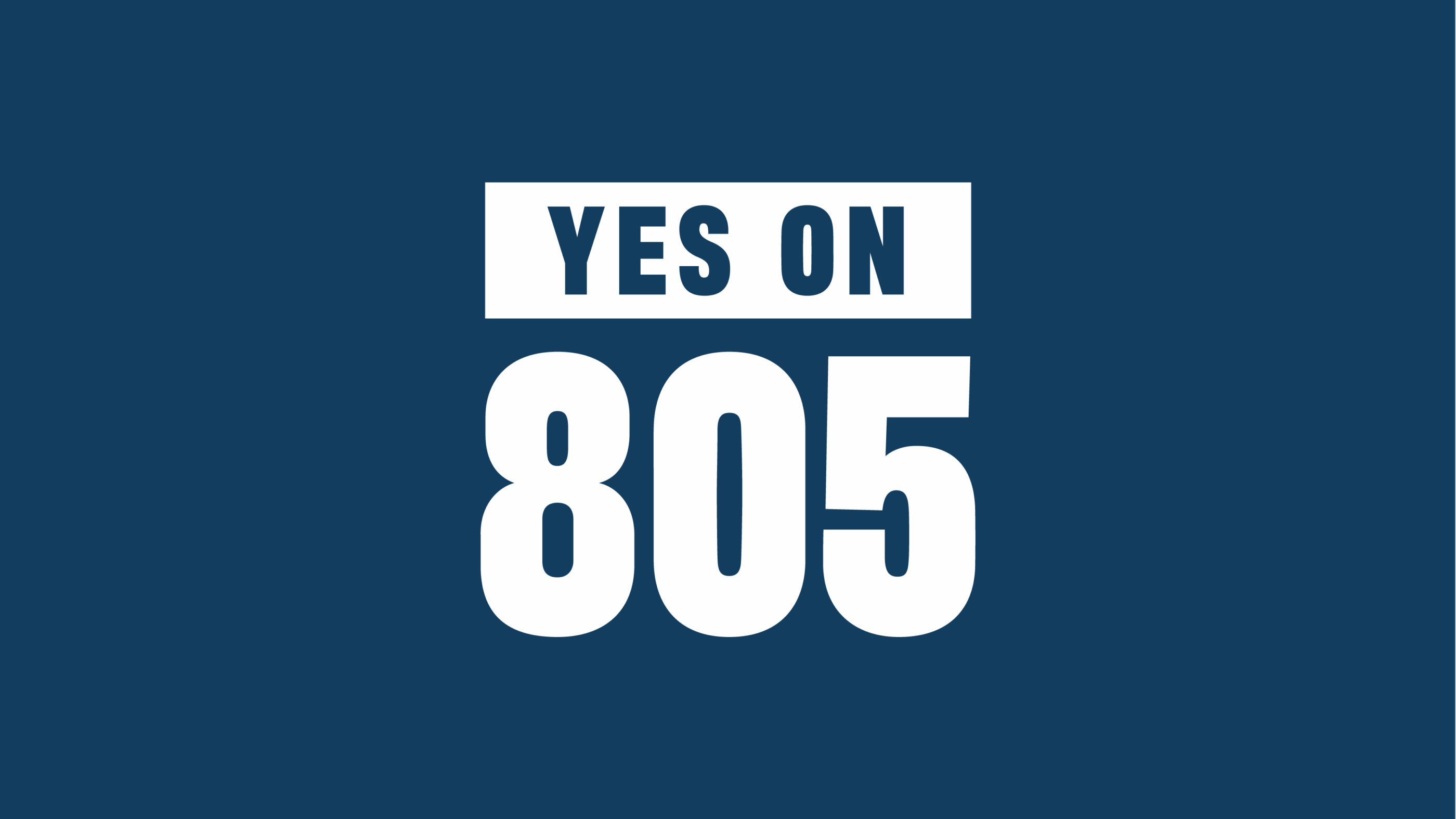On November 3, Oklahomans will have their final opportunity to lend their vote to meaningful criminal justice reform this cycle by voting Yes on State Question 805. As is often the case for criminal justice reform in Oklahoma, opposition to this modest reform has been rife with misinformation, and rooted in the idea that somehow a state who has managed to incarcerate people at the highest rates in the world to the detriment of our public safety is doing justice.
On November 3, Oklahomans will have their final opportunity to lend their vote to meaningful criminal justice reform this cycle by voting Yes on State Question 805. As is often the case for criminal justice reform in Oklahoma, opposition to this modest reform has been rife with misinformation, and rooted in the idea that somehow a state who has managed to incarcerate people at the highest rates in the world to the detriment of our public safety is doing justice.
Unlike any Election before, we face obstacles in making sure voters are equipped with the facts about SQ 805 come election day. Everything from the ongoing spread of COVID-19 to severe weather that’s impacting access to power across the state have disrupted traditional forums for discussion and information. And that’s where you come in.
As November 3 nears, the only thing we can’t get more of is time. So we have to make this time count. We have to have meaningful conversations about why State Question 805 is the most urgent next step for criminal justice reform in Oklahoma.
As Oklahoma voters, we’re used to having to do the critical things when our leaders won’t. Four years ago, as Oklahoma’s incarceration crisis grew at unprecedented rates, we passed a ballot initiative, State Question 780, that made simple possession a misdemeanor and raised the felony theft threshold, saying it was time our state focused on treatment, not punishment. Since it went into effect, we’ve begun to address the growing prison population all while seeing a drop in crime. But we gave the legislature a mandate to address our mass incarceration crisis, and the only successful initiative we have seen since then was HB 1269, a bipartisan piece of legislation resulting from an ACLU of Oklahoma effort to make SQ 780 retroactive. The commutations from HB 1269 were historic and important. But Oklahoma still incarcerates women at the highest rate per capita in the world, as we have since the early 1990s. Two-thirds of the women in Oklahoma prisons are survivors of domestic violence, 80% are mothers. We know Indigenous women are three times more likely than white women to be incarcerated in Oklahoma. As the state that has led the country in the per capita incarceration rate of Black people since 2014, Black communities are hit especially hard.
We have studied the issue again and again and again. And the data has told us we must act--that Oklahoma is spending half a billion dollars every single year for outcomes we don’t want. But the folks in the status quo know changing our system threatens the power they wield. So we have seen delay tactics. The suggestion that to change imperfect policy we must have an infallible alternative, suggestions that one more study or one more committee could make folks feel more okay with change. That idea of perfection is rooted in white supremacy, and the lack of urgency does not meet the needs of this moment.
A loud group of law enforcement, led by prosecutors, many who have been insulated from their electorate for years, and other folks who continue to push failed tough-on-crime policy, have not only fought reform at every opportunity, they have aggressively worked to roll back voter-mandated changes session-after-session. And the collateral damage is people, it's Oklahoma families, it's a sense of wholeness and community.
Some folks try to sully this critical work by saying we don’t know what’s best for Oklahoma. But we’re Oklahomans, living and working here on the ground. The coalition advancing this work is as bipartisan as they come. Because we believe in a better Oklahoma. We believe in standing up and fixing injustice. We believe that together we can do better.
So, as Election Day approaches, I am especially grateful for the support and time of ACLU of Oklahoma members working to build a more just Oklahoma. This Election is in our hands, and, with your help, I believe we can win.


